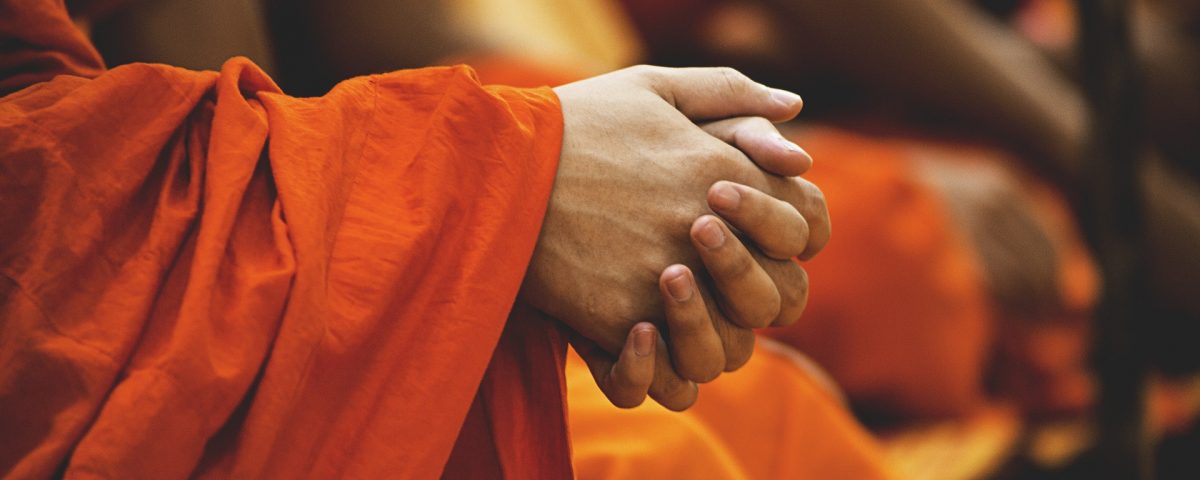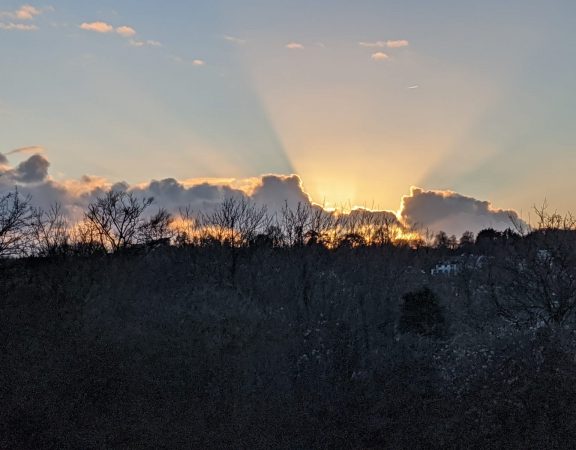Have you heard that the spiritual journey can be a somewhat dangerous one… Perhaps you have experienced some challenges… Or perhaps you would like an advance heads-up?
The journey is dangerous because of the pitfalls possible for both students and teachers. It can be a journey beyond ordinary form and limitation into wide open freedom. That is a tremendous responsibility.
A traditional safe approach
In the ‘old days,’ spirituality was often hidden from ‘plain view’, protecting the sacred, safe from disrespect and desecration by those who didn’t understand. It was often suggested people did not begin explorations until they were at least 40 years old, when they were deemed grounded enough in ordinary practical life, to be able to handle the potency of spirituality. Techniques were traditional and handed-down orally from teacher to student. The dangers were kept contained by students being directly known and apprenticed to teachers. A little knowledge can be a dangerous thing, and once begun, it was often advised that a student best continue on the spiritual path.
Modern sprituality
Today, we live in a world in which spirituality is a commercial commodity within a very public spiritual marketplace. Enlightenment is a popular concept used to sell cars in adverts on public transport – and yoga, tantra and reiki are on almost every street corner. The spiritual marketplace is aggressive and seductive, 24 hours online, with great competition between health and spiritual practitioners, wanting to be seen as significant somebodies and of course to earn their way.
On one level, the rise in visibility and availability of such things is fantastic, enabling many to be educated about the subtler aspects of life and thereby improving their day-to-day life experience. This raises awareness, compassion and other positive qualities in the world at large. And we do live in a time/energy when spiritual growth for a great many is realistically possible.
Dangers en route are still there for yearning students, especially so in a less structured and regulated spiritual free-for-all market… How does a genuine seeker choose which book, session or workshop?
Spiritual ideas
A first phase is ideas, often through books, talks or workshops. Ideas newly discovered but not practiced or lived, even if true, can become disembodied concepts, disconnected ideals to strive for, to criticise oneself with, for not already being ‘there’ yet.
Some ideas can do more harm than good. For example, Advaita is very popular, but I think some of these ideas are often unhelpful, encouraging students to distance themselves from the immediate world of form in search of transcendance. Over the years much of my work has been with people who have done a great deal of spiritual seeking – but it hadn’t actually helped them – as it pushed them further away from themselves and into more internal divisions, ungroundedness and unhappiness. All that glitters is not gold. People can mistakenly believe they have got the answer or done the work, moved beyond an emotion or pattern – but merely skipped over it. The problem can still remain.
Spiritual materialism
For many people today, the materialism of the everyday world, becomes transferred to the spiritual. Instead of acquiring new shoes, cars, holidays or handbags, the spiritual seeker can acquire new concepts, books, workshops, trainings and teachers. The addiction continues… The phrase ‘my teacher’ I’ve heard often replacing other aspirational objects in people’s proud conversations… More spiritual nourishment is not necessarily better than a little. There is such a thing as too much!
Spiritual self-obsession
Another danger is self-obsession, where people can become endlessly fascinated with themselves, the minutae of their own story, current process and boundaries, but are actually quite dysfunctional. They can become rigid and insular. Another variation is obsession with a wonderful teacher/teachings considered ‘superior’ to that which other people know and experience. This can lead actually to more isolation not more humanity and contact. The cult phenomena is where people can’t really ‘hear’ anything that does not come from the ‘sanctified source’ of the teacher, and they lose contact with family and old friends.
Strokes for folks
Different people’s journeys take different routes. Each needs to be slightly different. Some one-size-fit-all solutions are not helpful. While most people need to open-up from being in a limited place, others are already open and need to ground. For example, popular ayahuasca or cacao can be helpful to some but dangerous for others. Remember you are an individual.
Corrupt spirituality
The dangers include spiritual teachers who may not be as advanced or pure as they claim. Good teachers can despite themselves, become corrupted, inflated by the influx of power, and go rotten. Some are subtly or outright corrupt, plain abusive.
One problem is that people’s traumatic experience, which can contain or catalyse the gift of yearning for spiritual resource, also renders people vulnerable, seeking assurance and authority on the outside. A student does need their wits about them.
Each approach is different
On my spiritual odyssey of many years I’ve met a great many spiritual teachers, most genuine and a couple of charlatans. Some teachers are at a more superficial level than others. I have explored Psycotherapy, Bodywork, Mystical Judaism, Osho, Gurdjieff, Sufi, Kabbalah, Shamanism, Tantra, Yoga and more. (And obviously there are many more paths available in the world than this list.) Although all authentic paths have a similar heart and destination, each has something slightly different to offer – style of practice, type of people and crystallisation of realisation.
Lost or found?
An old boyfriend some years ago used to say that the age of the guru was over. We are all equal. To some extent this is true.
But to embody our radiant soul truth usually takes quite some work.
Do find yourself an excellent guide or community on the journey. But don’t lose yourself in your quest to find yourself… don’t give yourself away or deny your feelings, impulses and intuitions. Take yourself whole-heartedly with you… wherever you go…
Self-acceptance, self-love and love of others seem to me to be jolly good goals – and authenticity – rather than perfect alignment and transcendence. Let’s become as fully imperfectly human as we possibly can. The way through is the way out.
No effort
Yearning for attainment of an ideal of material perfection through shopping, plastic surgery, diets and weight-lifting can be no less cruel to ourselves than compulsive yearning for so-called spiritual perfection.
Rest awhile. Where you are. Look around, sniff, listen and feel. Notice what is happening. Notice who you are taking yourself to be. Notice your impulse to ‘do’ to try to change… All with great respect and love for yourself. Notice where you are drawn…
The spiritual journey is a koan, a poetic riddle. It is a journey towards both emptiness and fullness, towards transcending the self and being our unique self as honestly as possible. It is both a journey over time and a destination realisable in every moment. It is a seeking and an already being found. It is about being complete in one’s experience of oneself and in contact with the great all, and in contact with other people, animals, plants, insects and all manner of beings. Not I, Not other than I.
“We shall not cease from exploration, and the end of all our exploring will be to arrive where we started and know the place for the first time.” T. S. Eliot






